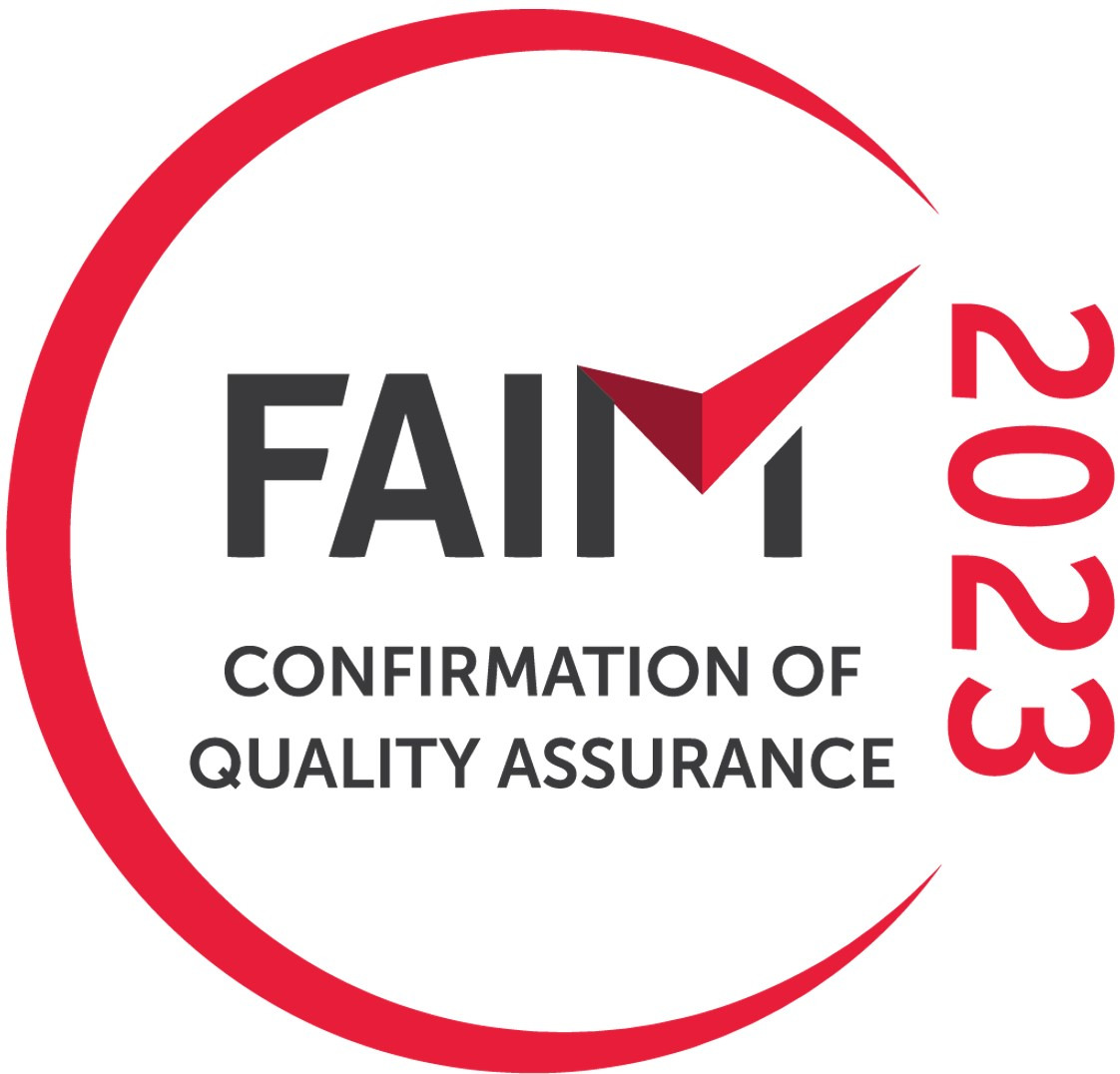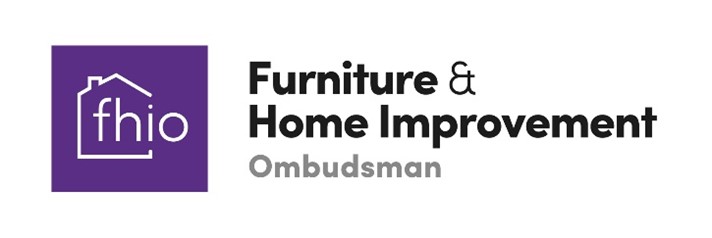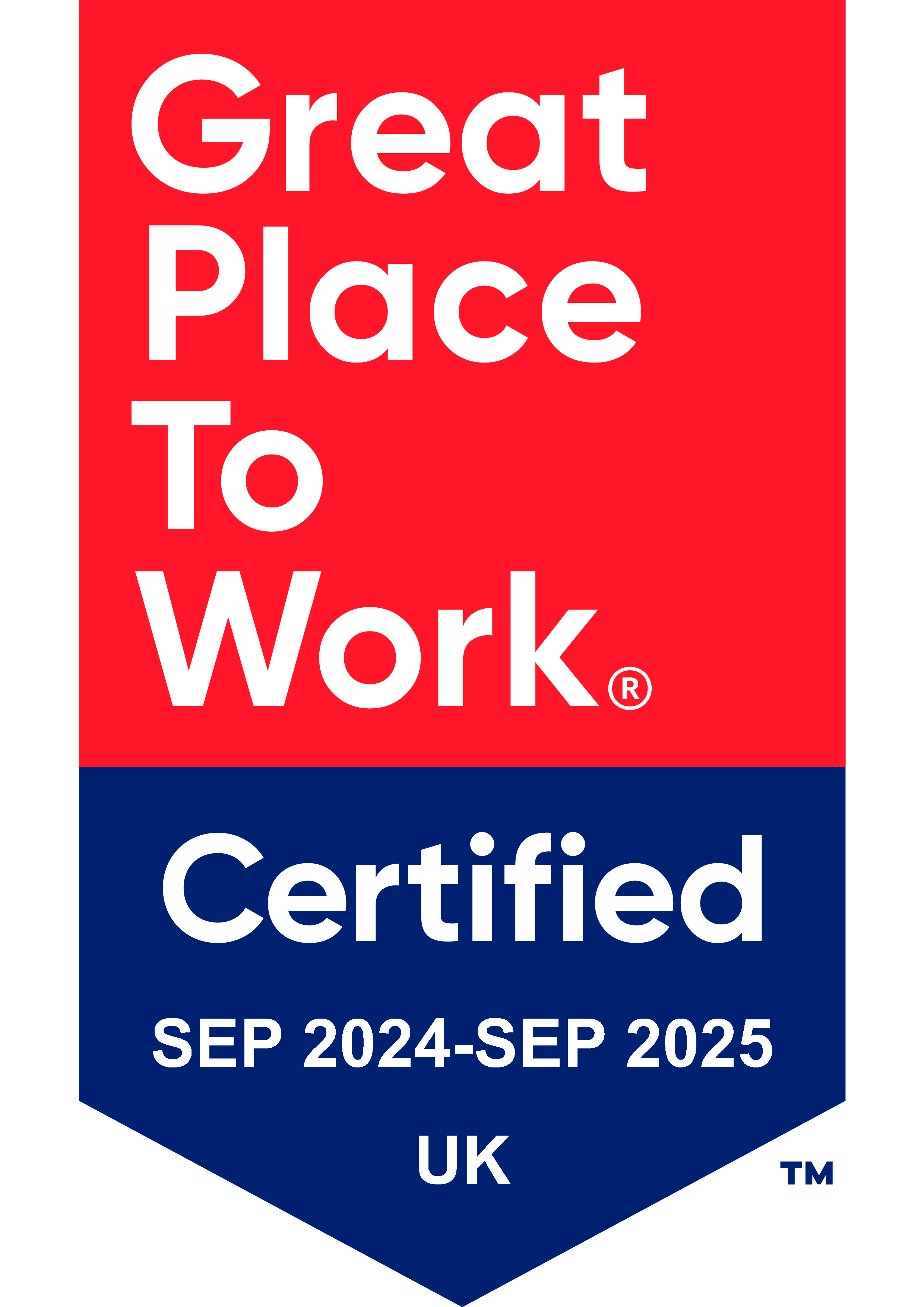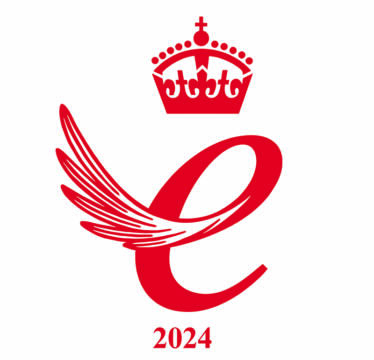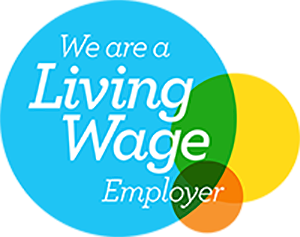We can all save ourselves a lot of heartache if we plan carefully for our international moving. With meticulous planning, moving abroad can be an adventure rather than a headache. Lists are key. Make them, stick to them and enjoy ticking off each item as each task is completed.
PASSPORTS AND VISAS
1. Check whether you and your family need a visa for the country you intend moving to.
2. If you do need a visa, remember that, depending on the country, your nationality and the type of visa, this could take several months or longer.
3. Many countries insist that you have 6 months validity left on your passport to be granted entry into that country. Therefore, as your visa may take a few months to process, it’s wise to ensure you have at least 12 months left on your passport.
4. Carefully go through the requirements and documentation required for your visa application and submit everything together. Adding forgotten items, such as the baby’s birth certificate, can seriously delay the granting of your visa.
5. Note that many countries that require you to have a visa, also need you to prove you have adequate medical cover for you and your family.
TRAVEL ARRANGEMENTS AND DRIVING
1. Once you are sure of your travel dates, book your trip. Perhaps you are flying to your destination or you may be driving and need to book a ferry. You may need to book accommodation en route or arrange temporary accommodation for your arrival.
2. Don’t forget to organise travel insurance for everyone in your family, including your pets, if they are going with you.
3. If you are taking your pets with you, it’s wise to get a specialist in pet travel to advise you on the correct procedure for shipping your pet. Different countries have different rules and some countries still require animals to go into quarantine.
4. If you intend driving when you arrive at your destination, you should get an international driving licence in your home country before you leave. This licence is valid for 12 months and gives you breathing space before you need to get a new licence in your new home.
5. Each country has different rules regarding driving licences. You may be able to just exchange your licence or you may need to take a driving test.
WHAT TO TAKE?
1. Many people put most of their furniture and belongings into store just in case they decide to take the next plane home! Many countries give you up to a year to bring in your possessions duty free. It’s wise to have receipts for your belongings to prove you have had them for a while, as most countries will only allow used personal items in duty free.
2. Generally, unless you have valuable furniture items and works of art, it’s often cheaper to sell you furniture before you leave and buy when you arrive at your destination.
3. Do your homework and find out what’s available in your chosen destination, so you can make an informed decision on what to take with you. You may find your electrical goods, TV’s and fridges won’t work in your new home or they may not comply with local laws.
MEDICAL AND PENSION
1. If you have applied for a visa, part of that application will probably involve a medical examination and a chest X-ray. If not, then it’s advisable to have a medical and a dental check before leaving. You should also take copies of your medical and dental records with you, to hand over to your new doctor and dentist on arrival.
2. Check to see if your pension contributions can be transferred to your new home. Also, will you still be eligible for a state pension from the country of your birth and will you be entitled to the annual increases?
BEFORE LEAVING
1. Cancel your electricity, gas, water, telephone, mobile phone and internet well in advance.
2. Cancel any subscriptions or memberships such as newspapers, magazines and gym memberships.
3. Let your local tax office know that you will no longer be living in the country.
4. Get your mail redirected to your new address for a period of at least 6 months.
5. Try and get all your financial affairs sorted out before you leave but, if you can’t, then leave Power of Attorney with a friend, relative or lawyer so everything can be finalised in your absence. There will always be bills which can’t be settled until you leave, such as electricity and telephone.
Most importantly, enjoy it.





